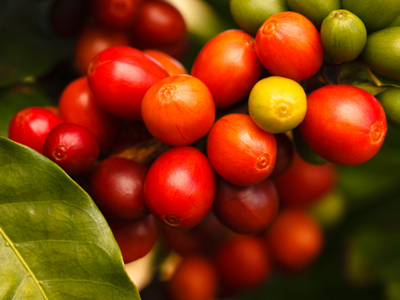
Trade and Development 02
This is our second KS3 Geography quiz on trade and development. A successful use of trade can boost a country's development, taking it from LEDC to MEDC. During the nineteenth century, British companies traded with producers of goods throughout the world. Profit was the main concern and the conditions of individuals was not of any concern. Farmers in LEDCs producing coffee or cocoa were paid poorly whilst the businesses that processed and sold their products became rich trans-national companies (TNCs).
Some supermarkets and shops now stock and sell fair trade products. Fair trade products are often more expensive than non-fair trade goods but that higher price ensures that a farmer or a worker in the LEDC has a better standard of living as they are paid fairly for their goods or their labour.
Ready for more?
not all...
quizzers. Try to win a coveted spot on our Hall of Fame Page.







